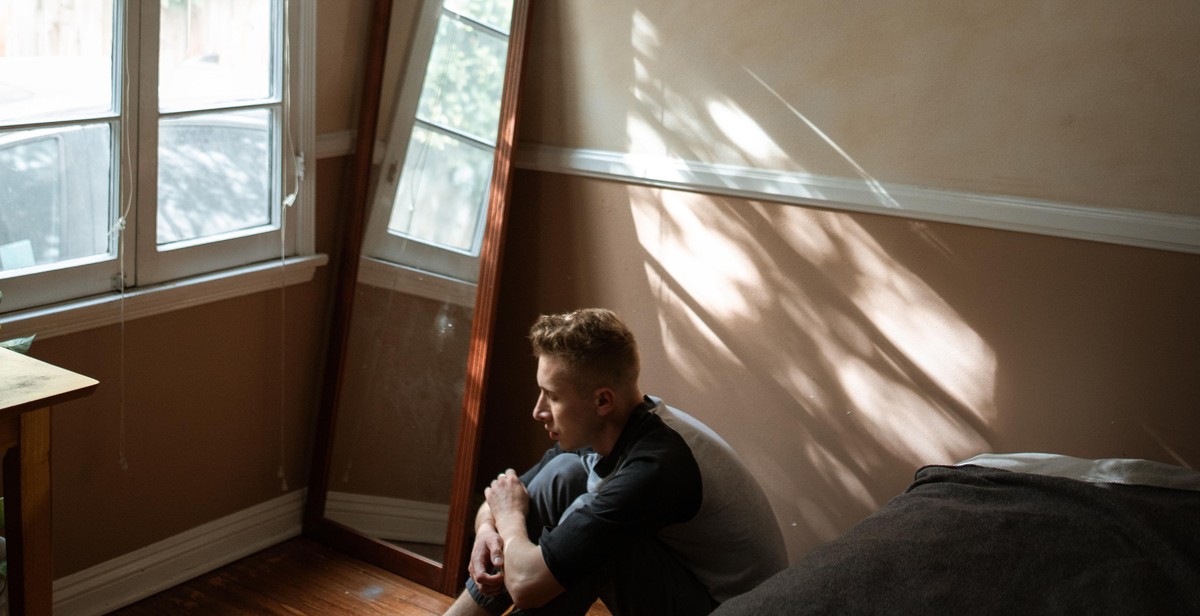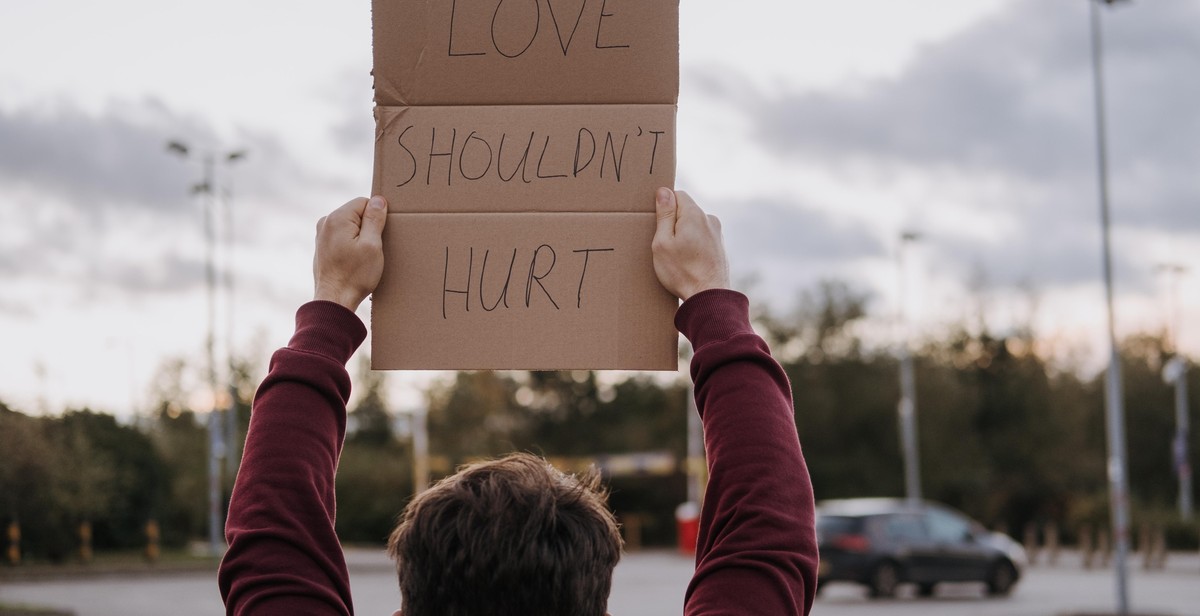Signs of Emotional Abuse in a Relationship: What to Look Out For
Emotional abuse is a form of abuse that is often overlooked in relationships. It is a type of behavior that is used to control, manipulate, and intimidate a partner. Emotional abuse can be just as damaging as physical abuse, and it can have long-lasting effects on a person’s mental health and well-being.
Defining Emotional Abuse
Emotional abuse can take many forms, including verbal attacks, belittling, isolating a partner from friends and family, and controlling behaviors. It can also involve gaslighting, which is a form of manipulation that makes a person question their own reality. Emotional abuse is characterized by a consistent pattern of behavior that is intended to undermine a person’s self-esteem and confidence.
Why Recognizing Emotional Abuse is Important
Recognizing emotional abuse is important because it can help a person take steps to protect themselves and seek help if necessary. Emotional abuse can be difficult to recognize, especially if it is happening gradually over time. However, it is important to pay attention to the signs and take action if necessary.
Overview of Emotional Abuse
Emotional abuse can happen in any type of relationship, including romantic relationships, friendships, and family relationships. It can be perpetrated by anyone, regardless of their gender, age, or background. It is important to remember that emotional abuse is never the victim’s fault, and that they deserve to be treated with respect and kindness.
In this article, we will explore the signs of emotional abuse in a relationship and provide tips on what to do if you or someone you know is experiencing emotional abuse.

Types of Emotional Abuse
Emotional abuse is a type of abuse that can be hard to recognize and even harder to escape from. It is a form of manipulation that is used to control and dominate a person’s thoughts, feelings, and behaviors. There are several types of emotional abuse that can occur in a relationship:
Gaslighting
Gaslighting is a form of emotional abuse where the abuser manipulates the victim into doubting their own reality. The abuser may deny that something happened or tell the victim that they are overreacting or imagining things. This can make the victim feel like they are going crazy and can lead to feelings of anxiety and depression.
Belittling and Humiliation
Belittling and humiliation are forms of emotional abuse where the abuser insults or criticizes the victim in front of others or in private. This can make the victim feel worthless and can lead to low self-esteem and self-confidence.
Isolating
Isolating is a form of emotional abuse where the abuser controls who the victim can see, talk to, or spend time with. This can make the victim feel isolated and alone, and can lead to feelings of depression and anxiety.
Controlling
Controlling is a form of emotional abuse where the abuser controls every aspect of the victim’s life, from what they wear to where they go and who they talk to. This can make the victim feel trapped and helpless, and can lead to feelings of anxiety and depression.
Blaming and Accusing
Blaming and accusing is a form of emotional abuse where the abuser blames the victim for everything that goes wrong in the relationship. This can make the victim feel responsible for the abuser’s behavior and can lead to feelings of guilt and shame.
Threatening and Intimidating
Threatening and intimidating is a form of emotional abuse where the abuser uses threats and intimidation to control the victim’s behavior. This can make the victim feel scared and powerless, and can lead to feelings of anxiety and depression.
| Types of Emotional Abuse | Examples |
|---|---|
| Gaslighting | “You’re crazy, that never happened.” |
| Belittling and Humiliation | “You’re so stupid, you can’t do anything right.” |
| Isolating | “I don’t want you hanging out with your friends, they’re a bad influence.” |
| Controlling | “You can’t wear that, it’s too revealing.” |
| Blaming and Accusing | “If you didn’t make me so angry, I wouldn’t have hit you.” |
| Threatening and Intimidating | “If you leave me, I’ll make sure you regret it.” |

Signs of Emotional Abuse in a Relationship: What to Look Out For
Emotional abuse is a type of abuse that can be difficult to recognize. It can be subtle and insidious, and it can be difficult to pinpoint exactly what is happening. However, emotional abuse can be just as damaging as physical abuse, and it can have long-lasting effects on the victim’s mental health and well-being.
Constant Criticism
One of the most common signs of emotional abuse is constant criticism. The abuser may criticize the victim’s appearance, intelligence, or abilities. They may make the victim feel like they can never do anything right, no matter how hard they try. This constant criticism can be incredibly damaging to the victim’s self-esteem and can make them feel worthless and unlovable.
Ignoring or Neglecting
Another sign of emotional abuse is ignoring or neglecting the victim. The abuser may refuse to acknowledge the victim’s feelings or needs, or they may simply ignore them altogether. This can make the victim feel invisible and unimportant, and can lead to feelings of isolation and loneliness.
Manipulating
Emotional abusers often use manipulation to control their victims. They may use guilt, shame, or fear to get the victim to do what they want. They may also use gaslighting, which is a form of manipulation that makes the victim question their own sanity and perception of reality.
Using Fear and Intimidation
Emotional abusers may also use fear and intimidation to control their victims. They may threaten the victim with physical harm or make them feel like they are in danger if they don’t do what the abuser wants. This can create a sense of powerlessness and helplessness in the victim, which can be incredibly damaging to their mental health.
Playing Mind Games
Another sign of emotional abuse is playing mind games. The abuser may use tactics like stonewalling, where they refuse to communicate with the victim, or they may use triangulation, where they involve a third party in the relationship to create drama and confusion. These mind games can be incredibly frustrating and confusing for the victim, and can make them feel like they are going crazy.
Refusing to Trust
Finally, emotional abusers may refuse to trust their victims. They may accuse the victim of cheating or lying, even if there is no evidence to support these accusations. This can create a sense of paranoia and mistrust in the relationship, which can be incredibly damaging to both parties.
If you are experiencing any of these signs of emotional abuse in your relationship, it is important to seek help. Emotional abuse can be just as damaging as physical abuse, and it is never okay for someone to treat you this way.

Effects of Emotional Abuse
Emotional abuse can have long-lasting and detrimental effects on a person’s mental health and well-being. The following are some of the most common effects of emotional abuse:
Low Self-Esteem
Emotional abuse can make a person feel worthless, unlovable, and undeserving of love and respect. This can lead to low self-esteem and a negative self-image, which can affect all areas of their life, including work, relationships, and social interactions.
Depression and Anxiety
Emotional abuse can cause a person to feel anxious, depressed, and overwhelmed. This can lead to a range of physical and mental health problems, including insomnia, headaches, digestive issues, and panic attacks.
PTSD
Emotional abuse can also cause post-traumatic stress disorder (PTSD), a mental health condition that can develop after a person experiences or witnesses a traumatic event. Symptoms of PTSD can include flashbacks, nightmares, and severe anxiety.
Self-Doubt
Emotional abuse can make a person doubt their own thoughts, feelings, and perceptions. This can lead to confusion, indecision, and a lack of confidence in their ability to make decisions and trust their own judgment.
Difficulty Trusting Others
Emotional abuse can also make it difficult for a person to trust others. They may feel like they are always on guard, expecting to be hurt or betrayed. This can make it hard for them to form close relationships and lead to feelings of loneliness and isolation.
It is important for anyone who is experiencing emotional abuse to seek help and support. With the right treatment and support, it is possible to heal from the effects of emotional abuse and regain a sense of self-worth and confidence.

What to Do If You Are in an Emotionally Abusive Relationship
If you suspect that you are in an emotionally abusive relationship, it is important to take action to protect yourself and your well-being. Here are some steps you can take:
Recognize the Abuse
The first step to getting out of an emotionally abusive relationship is to recognize that you are in one. Emotional abuse can be subtle and difficult to identify, but some signs include:
- Name-calling and put-downs
- Isolation from friends and family
- Gaslighting and manipulation
- Threats and intimidation
- Control over finances and daily activities
If any of these behaviors sound familiar, it is important to seek support.
Seek Support
It can be difficult to leave an emotionally abusive relationship on your own. Seek support from a trusted friend or family member, or consider reaching out to a professional therapist or counselor. They can help you make a plan for leaving the relationship safely and provide emotional support during the process.
Set Boundaries
If you are not ready to leave the relationship, it is important to set boundaries with your partner. Be clear about what behavior is unacceptable and communicate your boundaries to your partner. Stick to your boundaries and do not tolerate any behavior that crosses them.
Consider Leaving the Relationship
If the emotional abuse continues despite your efforts to set boundaries, it may be time to consider leaving the relationship. This can be a difficult decision, but remember that you deserve to be treated with respect and kindness. Talk to a therapist or counselor about your options and make a plan for leaving safely.
Remember, you are not alone. There is support available to help you leave an emotionally abusive relationship and start a new chapter in your life.

Conclusion
Emotional abuse can be just as damaging as physical abuse, and it can be difficult to recognize. It’s important to pay attention to the signs of emotional abuse in a relationship so that you can take action if necessary. Remember that emotional abuse is never your fault, and you deserve to be treated with love, respect, and kindness.
If you are experiencing emotional abuse, it’s important to seek help and support. This can be from a trusted friend or family member, a therapist, or a support group. You can also contact the National Domestic Violence Hotline at 1-800-799-SAFE (7233) for help and resources.
Remember that leaving an abusive relationship can be difficult and dangerous. If you are in immediate danger, call 911 or your local emergency number. If you are not in immediate danger but need help leaving an abusive relationship, consider seeking the assistance of a domestic violence advocate.
Take Action
If you are concerned that you or someone you know may be experiencing emotional abuse in a relationship, take action. Talk to the person about your concerns, and offer your support. Encourage them to seek help and provide them with resources and information. Remember that emotional abuse is never okay, and everyone deserves to be treated with respect and kindness.
- Pay attention to the signs of emotional abuse
- Seek help and support if you are experiencing emotional abuse
- Consider seeking the assistance of a domestic violence advocate if you need help leaving an abusive relationship
- If you are concerned that someone you know may be experiencing emotional abuse, talk to them and offer your support
